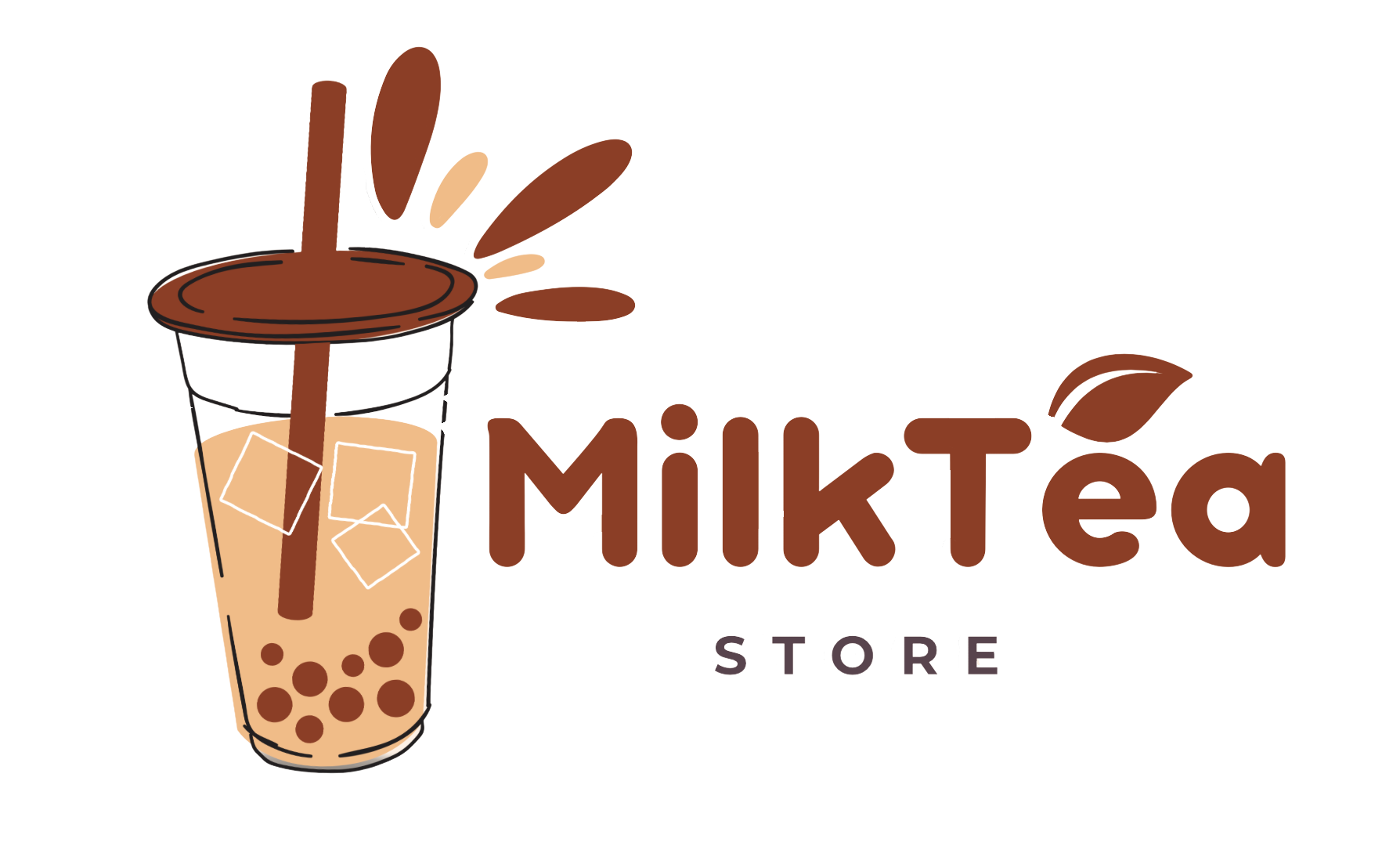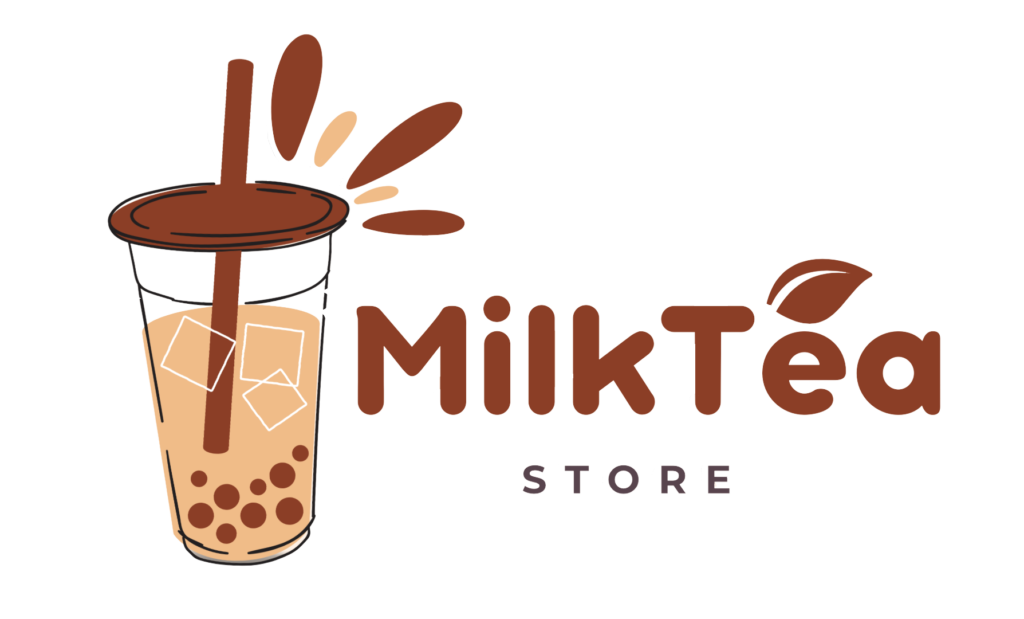Specialty tea suppliers offer a curated selection of high-quality teas sourced from renowned regions worldwide, providing unique and rare varieties, blends, and organic options to cater to the discerning tastes of tea connoisseurs and businesses seeking premium ingredients.
Tea-riffic Finds: Uncovering the Hidden Gems of Specialty Tea Suppliers
Specialty tea has been gaining popularity in recent years, as people are becoming more interested in exploring different flavors and experiencing the unique characteristics of tea. Unlike traditional tea, specialty tea is made from high-quality leaves that are carefully selected and processed to bring out the best flavors and aromas. It offers a wide range of flavors, from delicate and floral to bold and robust, making it a versatile beverage for any occasion.
When it comes to specialty tea, it is important to understand the different types and choose a reputable supplier. There are various types of specialty tea, including green, black, oolong, and herbal teas. Each type has its own unique characteristics and flavor profiles, so it is important to explore and experiment with different varieties to find the ones that suit your taste preferences.
Choosing a reputable supplier is also crucial in ensuring that you are getting high-quality specialty tea. A good supplier will source their tea from reputable growers and use sustainable practices in their production. They will also provide detailed information about the origin and processing methods of their teas, allowing you to make an informed decision about your purchase.
The Rise of Specialty Tea Suppliers: A Brief History
The history of specialty tea dates back thousands of years, with its origins in China. Tea was first discovered in ancient China and was initially used for medicinal purposes. Over time, it became a popular beverage and was traded along the Silk Road to other parts of Asia and eventually to Europe.
In the 18th century, the British East India Company began importing tea from China on a large scale. However, due to high demand and limited supply, they started cultivating tea in India to meet the growing demand. This marked the beginning of the commercial production of tea outside of China.
As the popularity of tea grew, so did the demand for high-quality specialty teas. This led to the emergence of specialty tea suppliers who focused on sourcing and producing teas of exceptional quality. These suppliers played a crucial role in shaping the industry and introducing consumers to a wide range of specialty teas from different regions.
Understanding the Different Types of Specialty Tea
Specialty tea encompasses a wide range of types, each with its own unique characteristics and flavor profiles. Here is an overview of the main types of specialty tea:
1. Green Tea: Green tea is known for its fresh, grassy flavor and light, delicate aroma. It is made from unoxidized leaves and is rich in antioxidants. Green tea is often associated with health benefits such as boosting metabolism, improving brain function, and reducing the risk of heart disease.
2. Black Tea: Black tea is fully oxidized, resulting in a bold, robust flavor and dark color. It has a strong, malty taste and is often enjoyed with milk and sugar. Black tea is known for its energizing properties and is a popular choice for breakfast teas.
3. Oolong Tea: Oolong tea is partially oxidized, giving it a unique flavor profile that falls between green and black tea. It can range from light and floral to dark and toasty, depending on the level of oxidation. Oolong tea is often praised for its complex flavors and is a favorite among tea connoisseurs.
4. Herbal Tea: Herbal teas are not technically teas as they are not made from the Camellia sinensis plant. Instead, they are made from herbs, flowers, fruits, or spices. Herbal teas come in a wide variety of flavors and are often enjoyed for their soothing and calming properties.
The Benefits of Drinking Specialty Tea
In addition to their unique flavors, specialty teas offer a range of health benefits that make them a popular choice among health-conscious individuals. Here are some of the benefits of drinking specialty tea:
1. Antioxidants: Specialty teas, especially green and white teas, are rich in antioxidants that help protect the body against free radicals and oxidative stress. Antioxidants have been linked to a reduced risk of chronic diseases such as heart disease and cancer.
2. Stress Relief: Many specialty teas, such as chamomile and lavender, have calming properties that can help reduce stress and promote relaxation. These teas are often enjoyed before bed to aid in sleep.
3. Improved Digestion: Certain specialty teas, such as peppermint and ginger, have been used for centuries to aid in digestion. They can help soothe an upset stomach, relieve bloating, and promote healthy digestion.
When compared to traditional tea and coffee, specialty tea offers a unique flavor experience and a range of health benefits. Traditional tea is often mass-produced and lacks the complexity and depth of flavor found in specialty teas. Coffee, on the other hand, is known for its strong, bitter taste and high caffeine content. Specialty tea provides a more nuanced and balanced flavor profile, making it a popular choice for those looking for a healthier alternative to traditional tea and coffee.
How to Choose a Specialty Tea Supplier
Choosing a reputable specialty tea supplier is crucial in ensuring that you are getting high-quality tea that is ethically sourced and produced. Here are some factors to consider when choosing a specialty tea supplier:
1. Quality: Look for suppliers that prioritize quality and source their tea from reputable growers. The quality of the tea leaves will greatly impact the flavor and aroma of the final product.
2. Variety: A good specialty tea supplier will offer a wide variety of teas from different regions and types. This allows you to explore different flavors and find the ones that suit your taste preferences.
3. Sustainability: Consider suppliers that prioritize sustainability in their production practices. This includes using organic farming methods, supporting fair trade practices, and minimizing their environmental impact.
4. Transparency: Look for suppliers that provide detailed information about the origin and processing methods of their teas. This allows you to make an informed decision about your purchase and ensures that you are getting a high-quality product.
When researching and evaluating potential suppliers, it is helpful to read customer reviews and testimonials to get an idea of their reputation and customer satisfaction. You can also reach out to the supplier directly to ask any questions or request samples before making a purchase.
Top Specialty Tea Suppliers: A Comprehensive List
There are many specialty tea suppliers in the industry, each offering a unique selection of teas from different regions. Here is a comprehensive list of some of the top specialty tea suppliers:
1. Harney & Sons: Harney & Sons is a family-owned company that has been in the tea business for over 30 years. They offer a wide variety of specialty teas, including black, green, oolong, and herbal teas. Their teas are sourced from around the world and are known for their exceptional quality and flavor.
2. Adagio Teas: Adagio Teas is an online retailer that offers a wide selection of specialty teas from different regions. They have a user-friendly website that allows you to browse and purchase teas based on your preferences. Adagio Teas also offers a tea subscription service, allowing you to discover new teas on a regular basis.
3. Rishi Tea: Rishi Tea is known for its commitment to sourcing high-quality, organic teas from around the world. They work directly with growers and artisans to ensure that their teas are ethically produced and of exceptional quality. Rishi Tea offers a wide range of specialty teas, including single-origin teas, blends, and herbal infusions.
4. Mighty Leaf Tea: Mighty Leaf Tea is known for its handcrafted tea pouches that contain whole tea leaves, herbs, and fruits. Their teas are sourced from organic and fair trade farms around the world and are known for their bold flavors and aromas. Mighty Leaf Tea offers a wide variety of specialty teas, including black, green, oolong, and herbal teas.
Uncovering the Hidden Gems: Lesser-Known Specialty Tea Suppliers
While the top specialty tea suppliers are well-known and trusted in the industry, there are also many lesser-known suppliers that offer unique and high-quality teas. These smaller businesses often focus on sourcing teas from specific regions or using traditional production methods that result in exceptional flavors and aromas.
Exploring these lesser-known specialty tea suppliers can be a rewarding experience, as it allows you to discover new flavors and support small businesses. These suppliers often have a passion for tea and a deep knowledge of the industry, which is reflected in the quality of their teas.
When exploring lesser-known specialty tea suppliers, it is important to do your research and read customer reviews to ensure that you are getting a high-quality product. You can also reach out to the supplier directly to ask any questions or request samples before making a purchase.
The Art of Blending: Creating Unique Specialty Tea Blends
Blending is an important part of specialty tea production, as it allows for the creation of unique flavor profiles and combinations. Blending involves combining different types of tea leaves, herbs, flowers, or fruits to create a balanced and harmonious blend.
The blending process requires skill and expertise, as different teas have different flavor profiles and characteristics that need to be carefully balanced. The goal is to create a blend that brings out the best qualities of each ingredient and creates a harmonious flavor experience.
There are many unique specialty tea blends available on the market, each with its own distinct flavor profile. For example, Earl Grey is a popular blend that combines black tea with bergamot oil, resulting in a citrusy and floral flavor. Chai tea blends often combine black tea with spices such as cinnamon, cardamom, and cloves, creating a warm and aromatic flavor.
The Importance of Sustainability in Specialty Tea Production
Sustainability is an important consideration in specialty tea production, as it ensures that the tea industry is environmentally responsible and socially ethical. Specialty tea suppliers that prioritize sustainability use organic farming methods, support fair trade practices, and minimize their environmental impact.
Organic farming methods involve using natural fertilizers and pest control methods, avoiding the use of synthetic chemicals. This helps protect the soil, water, and biodiversity, ensuring the long-term health of the ecosystem.
Fair trade practices ensure that tea growers are paid fair wages and work in safe conditions. This helps improve the livelihoods of tea growers and their communities, promoting social justice and economic sustainability.
Minimizing the environmental impact of specialty tea production involves reducing waste, conserving water, and using renewable energy sources. This helps reduce carbon emissions and mitigate climate change.
By supporting specialty tea suppliers that prioritize sustainability, you are not only getting high-quality tea but also contributing to a more sustainable and ethical tea industry.
Exploring the Cultural Significance of Specialty Tea
Specialty tea has a rich cultural significance in different regions of the world. In many countries, tea is not just a beverage but a symbol of hospitality, tradition, and social connection. Tea ceremonies are often performed to honor guests or mark special occasions.
In China, tea has a long history and is deeply ingrained in the culture. The Chinese tea ceremony is a formal ritual that involves the preparation and serving of tea in a specific manner. It is often performed to show respect and gratitude to guests.
In Japan, the tea ceremony is known as Chanoyu and is considered a highly refined art form. It involves the preparation and serving of matcha, a powdered green tea, in a traditional tea house. The tea ceremony is seen as a way to achieve inner peace and harmony.
In India, tea plays a central role in daily life and is often enjoyed with milk and spices. Chai tea is a popular beverage that is made by boiling tea leaves with milk, sugar, and spices such as cardamom, cinnamon, and ginger. Chai tea is often served to guests as a gesture of hospitality.
Exploring the cultural significance of specialty tea can deepen your appreciation for the beverage and its role in different societies. It can also provide insights into the traditional production methods and rituals associated with tea.
Embracing the World of Specialty Tea
In conclusion, specialty tea offers a world of flavors and aromas that can be enjoyed by tea enthusiasts and newcomers alike. Understanding the different types of specialty tea and choosing a reputable supplier are important steps in exploring this diverse and fascinating beverage.
The rise of specialty tea suppliers has played a crucial role in shaping the industry and introducing consumers to a wide range of high-quality teas. These suppliers prioritize quality, variety, and sustainability, ensuring that you are getting the best possible tea.
By embracing the world of specialty tea, you can not only enjoy unique flavors but also support sustainable and ethical practices. Whether you choose to explore the top specialty tea suppliers or uncover the hidden gems of lesser-known suppliers, there is a world of tea waiting to be discovered. So why not take a sip and embark on a journey through the world of specialty tea?
Originally posted 2024-04-16 03:05:03.






